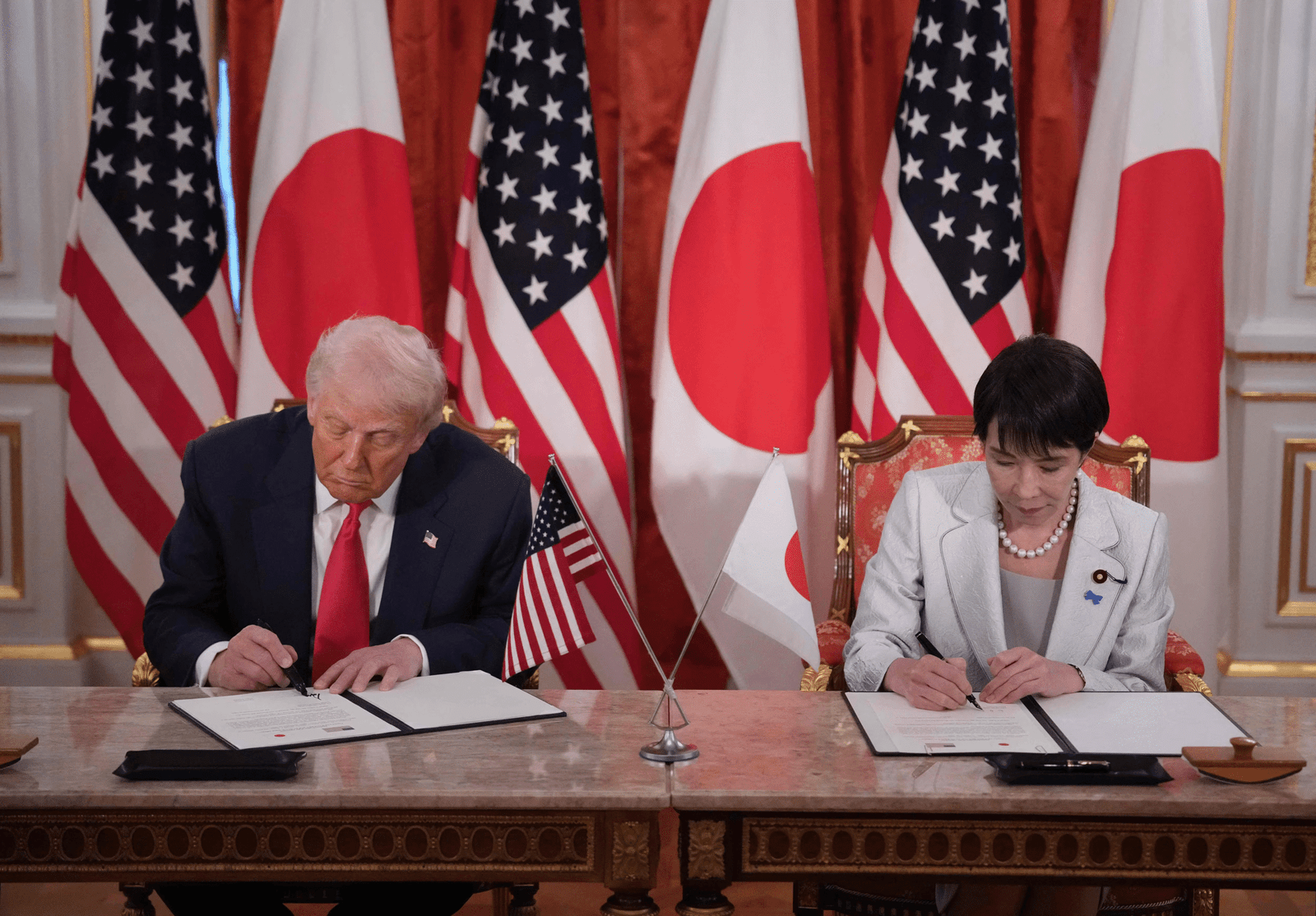Diplomatic Victory
The White House has declared a significant diplomatic achievement following Colombia’s agreement to accept deportation flights from the United States. This development comes after a period of tension between the two nations, during which the U.S. administration threatened to impose substantial tariffs on Colombian imports if cooperation was not forthcoming. The resolution is being hailed by U.S. officials as evidence of America’s restored influence on the global stage.
Policy Enforcement
The dispute centered on Colombia’s initial refusal to accept deportation flights, citing concerns over the treatment of its citizens. In response, the U.S. administration announced plans to implement a 25% tariff increase on certain Colombian goods, leveraging economic pressure to achieve its immigration policy objectives. The subsequent compliance by Colombia is viewed by the White House as a reaffirmation of its firm stance on immigration enforcement.
International Implications
This episode is being interpreted as a broader signal to other nations regarding the U.S. administration’s willingness to employ economic measures to enforce its policies. The White House emphasized that cooperation with U.S. immigration directives is expected and that non-compliance will have tangible economic consequences. This approach underscores the administration’s commitment to its immigration agenda and its readiness to utilize trade policy as a tool for diplomatic leverage.
Domestic Reception
Domestically, reactions to the administration’s handling of the situation have been mixed. Supporters argue that the firm stance reinforces national sovereignty and the rule of law. Critics, however, express concern over the potential for such tactics to strain international relationships and the ethical implications of leveraging economic power in diplomatic disputes. The situation continues to spark debate over the balance between enforcing national policies and maintaining cooperative international relations.











